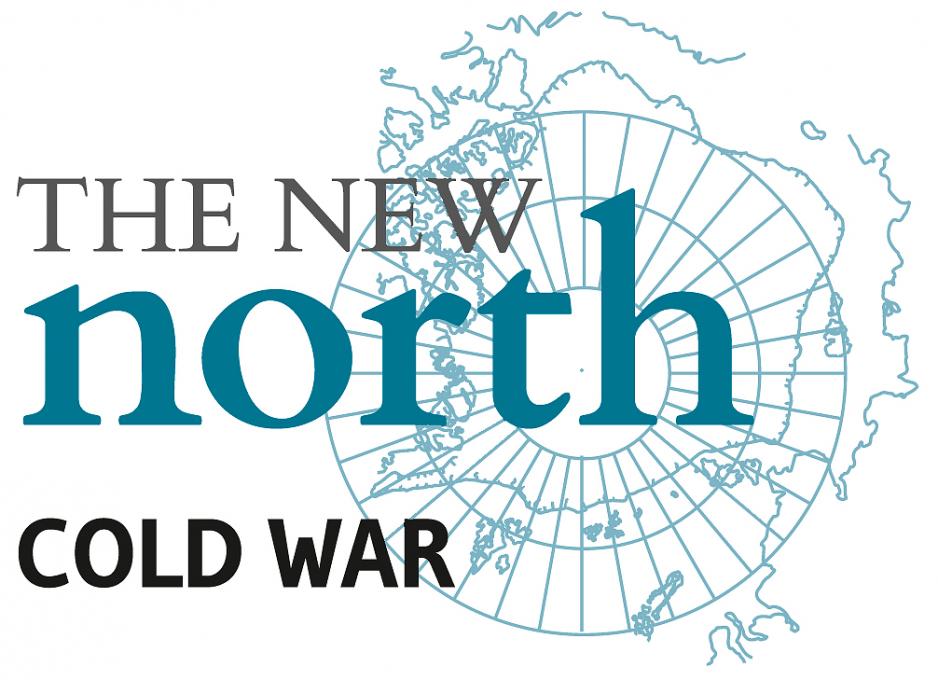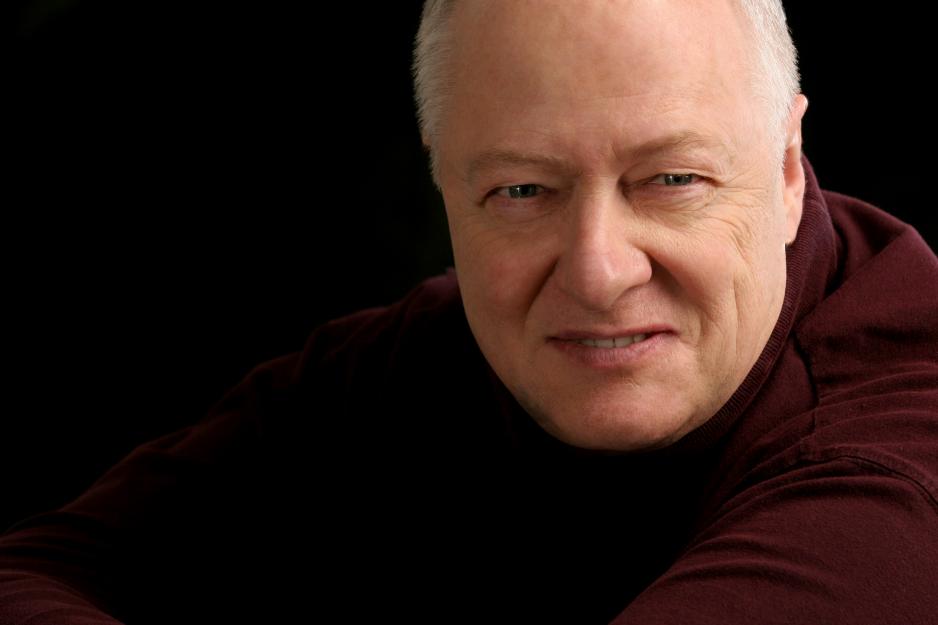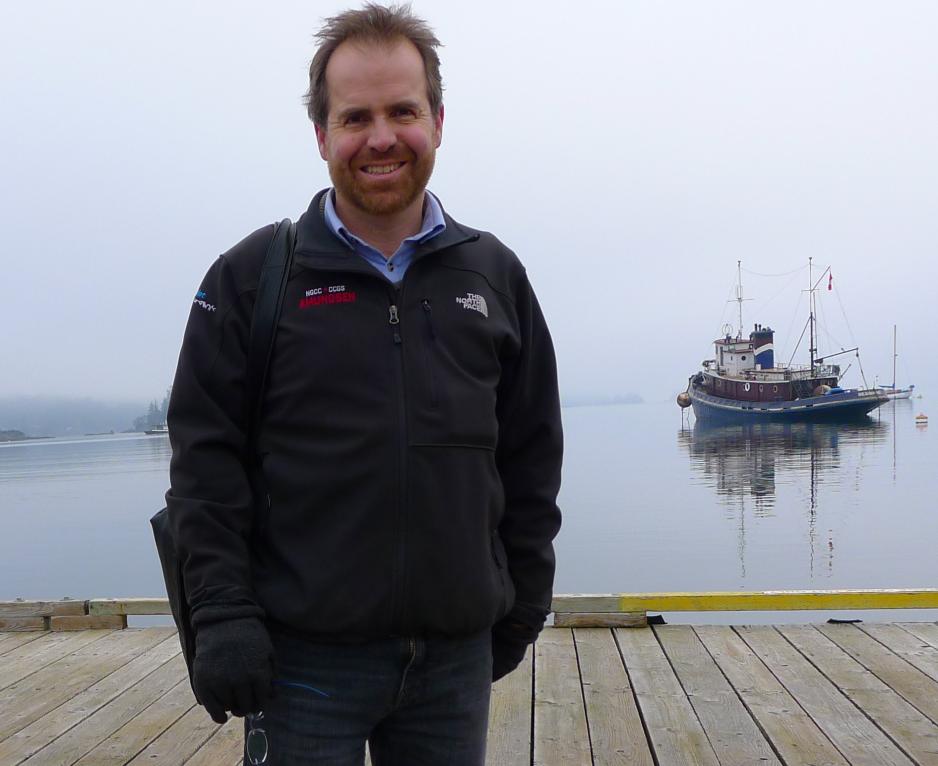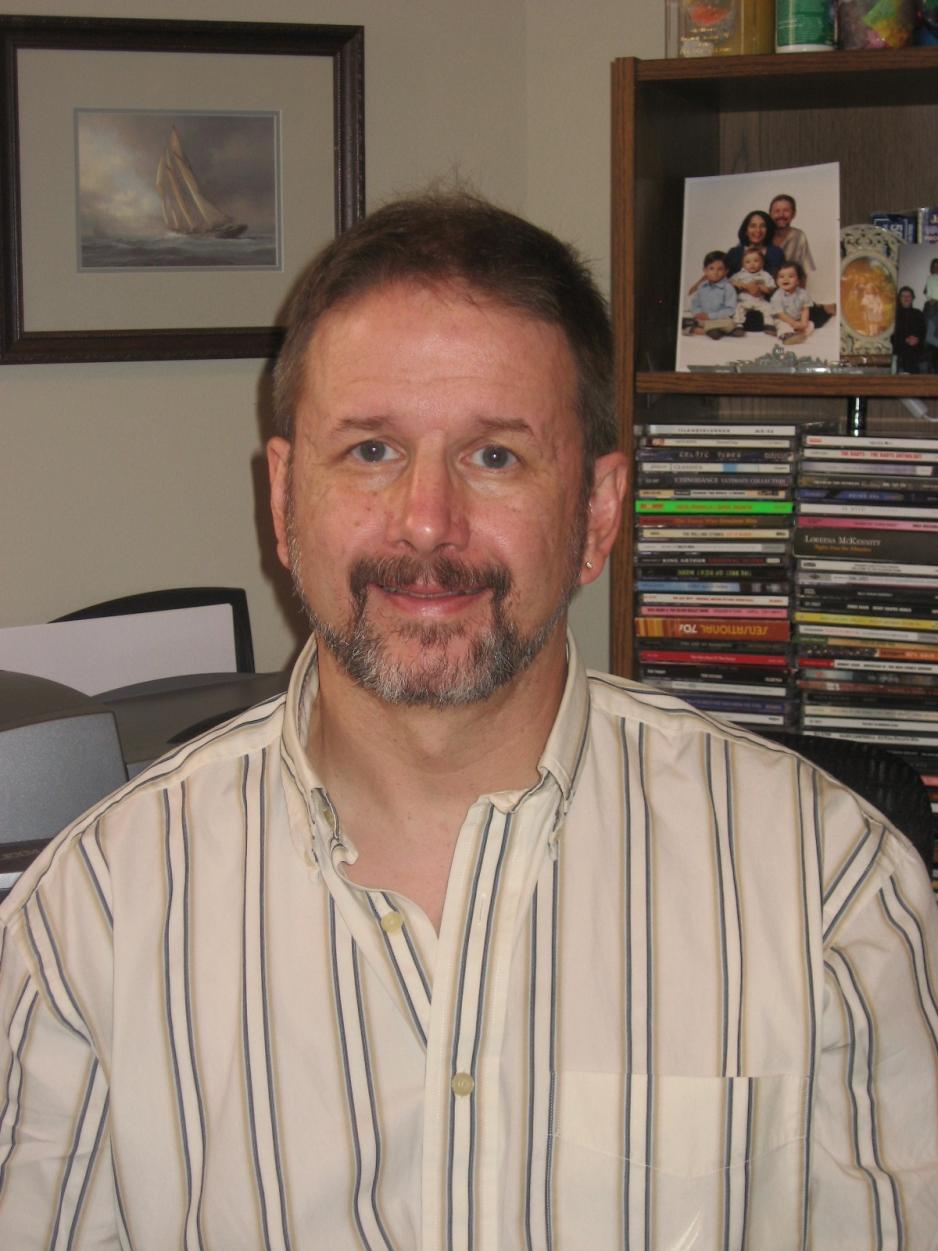Canada: Far away, but the conflicts are spilling over to the Arctic

-You cannot do anything in the Arctic without the Russians, so there is no Cold War as such. However, Russia can still cause trouble, even for Canada.
Read Norwegian version here.
-The new government in Canada, under Justin Trudeau, is less belligerent than the previous Harper regime. There is an atmosphere of realism, as well as an understanding that Russian participation is integral to getting things done in the Arctic. Even when frustration with Russia persists.
So says Former Premier of Yukon Territory, Canada, Tony Penikett, to High North News.
Penikett underlines that Canada is a country that prefers dialogue ahead of confrontation and conflict, mentioning Coast Guard cooperation and Search and Rescue (SAR) as examples of necessary cooperation and dialogue.
-Canada regards herself as a peacemaking, diplomatic nation. Historically, we have diplomatic traditions and values, and the new government is making a return to these, Penikett says.
He also refers to the Russian Ambassador to Iceland, Anton V. Vasiliev, quoting; “I cannot see any issue about which the Arctic states would go to war with each other”.
- Have we already slid into a new Cold War, or are we heading towards it? High North News has asked experts from nine different countries, encompassing the entire circumpolar region. The question polarized respondents. (Click here to read the articles we have published so far.)
Protecting distance
Professor Michael Byers at the University of British Colombia points out that threat perception can be different for Norway and Finland from that of Canada.
-Canada is thousand km away from Russia, with the Arctic Ocean between them, so even the military leaders of Canada state that there is “no direct military threat” for Canada.
Military leaders openly argued this during a defense hearing in the senate a short time ago. Neither does NORAD’s (North American Aerospace Defense) second in command, see a threat from Russia, Byers says, admitting;
-But indirectly, via Canada’s allies in NATO, like Estonia, there is a threat from Russia. Yet, distance and the realization that Russia is a declining economic power makes it less relevant for Canada to talk about any new Cold War.
Clash of core conflicting strategies
Associate Professor Robert Huebert, at University of Calgary, Canada, denies that we are heading towards a Cold War:
-It is too simplistic to call what we are in a Cold War; dynamics are very different, and more complex. It is all due to an underlying clash of interests between the US and Russia, Huebert says, explaining:
-Russian entities re-gained their footing in 2005-2006, the oil industry was booming and they returned to an authoritative regime under Putin.
Nuclear stability and deterrence
-Russia and the US have core conflicting strategic needs that bleed into the Arctic. It is not about fighting over the Arctic, but defending core strategic interests.
The Ukraine conflict acts like a catalyst, like Georgia in 2008, Huebert says. He points out that the core interest of Russia is national survival, by nuclear stability and deterrence - based in the Arctic.
-Even if we had not had Crimea, Russia would have had to rebuild its nuclear capability.
Economic strategic interests
The Arctic is also of core strategic economic interest for Russia, and they must defend it as such, which in turn results in an increase in military investment.
-And, Rob Huebert says, -if this is not enough, the Russians experience a growing security dilemma, with Russia’s neighbors joining NATO. As Russian leaders have pointed out, they would never allow Crimea becoming a NATO naval base.
This is somewhat similar to the Arctic, as the Baltic states are intrinsically connected to the northern security environment, and Sweden and Finland are looking towards NATO and possible membership.
Will feel encircled
Recent numbers show that 38 % of Swedes were favorable to joining NATO. This will fundamentally challenge Russia, who will feel encircled.
All this can be traced back to 2006, Huebert says, admitting it “makes me pessimistic about the future”.
-Even if Russia apologized for Crimea (which they will not), there are all the underlying dynamics that are unrelated to Crimea. The Arctic is an arena in which Russia can demonstrate military strength, as the Arctic “superpower”.
Canada caught in the middle
US focus on domestic security, such as the placement of ballistic missiles in Alaska, is a factor. The missiles are aimed at North Korea, but are also seen as a threat to Russia and China. This again shows a collision course between Russia and the US.
Canada is caught in the middle and has little power to act. We side with the US, and will show new interest in enhancing NORAD (North American Aerospace Defense).
If Finland and Sweden joined NATO, would Canada say yes? If so, the Arctic will have played a role in their decision, and this will be a consideration for Canada.
In sum, it is all about complexity, spilling into the Arctic, Robert Huebert concludes.
Tony Penikett is a Negotiator, Former Premier of Yukon Territory, Canada, and a Visiting Professor at Simon Fraser University, Vancouver.
Michael Byers is a Professor and Canada Research Chair in Global Politics and International Law, University of British Columbia, Vancouver.
Robert Huebert is a Associate Professor, University of Calgary, Canada, and a Senior Research Fellow at the Center for Military and Strategic Studies.
Don´t miss the upcoming articles in our New North series – sign up for our newsletter:




